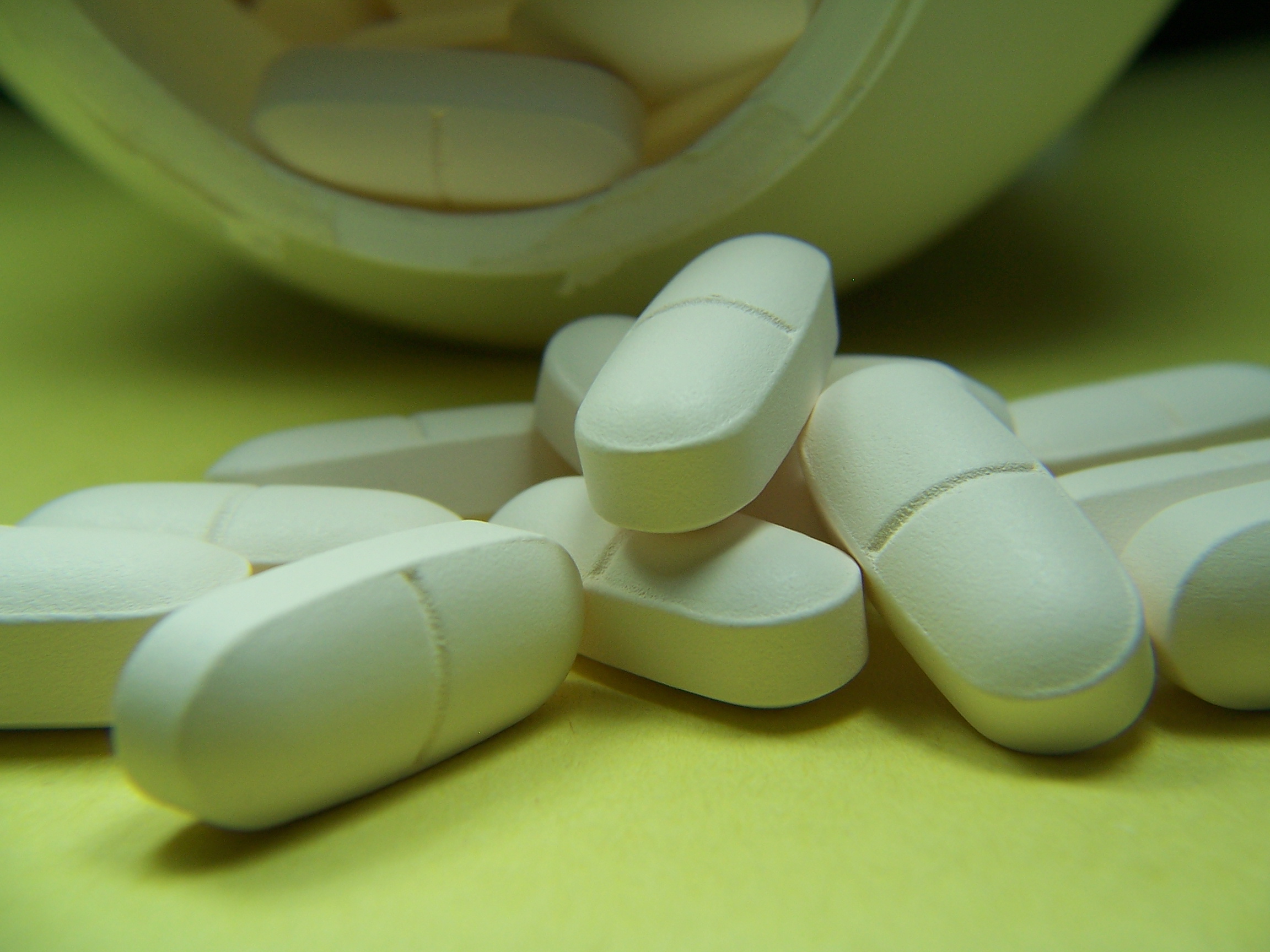
TUESDAY, Dec. 11 (HealthDay News) — Taxing soft drinks and foods high in saturated fats and providing subsidies for fruits and vegetables might encourage people to change their eating habits and possibly improve their health, according to a new study.
Researchers in New Zealand analyzed 32 previous studies and concluded that there would be a 0.02 percent decline in consumption of fatty foods with each 1 percent price increase. They also determined that a 10 percent increase in the price of soft drinks would decrease consumption by between 1 percent and 24 percent.
A 10 percent decrease in the price of fruits and vegetables would increase consumption by 2 percent to 8 percent, according to the findings, which were published Dec. 11 in the journal PLoS Medicine.
The researchers, however, found evidence that lower prices for fruits and vegetables might lead people to buy smaller amounts of other healthy foods, such as fish, and more of less healthy products.
The possible health benefits of soda taxes and other strategies to reduce purchases of unhealthy foods and increase consumption of fruits and vegetables might be greater among lower-income people than those with higher incomes, they found.
This suggests that such food pricing strategies have the potential to reduce dietary inequalities, said Helen Eyles and colleagues from the University of Auckland and the University of Otago, in Wellington, in a journal news release.
Diets high in sugar and saturated fats contribute to the development of chronic diseases, such as cardiovascular disease and diabetes.
More information
The U.S. Department of Agriculture offers tips for healthy eating on a budget.

